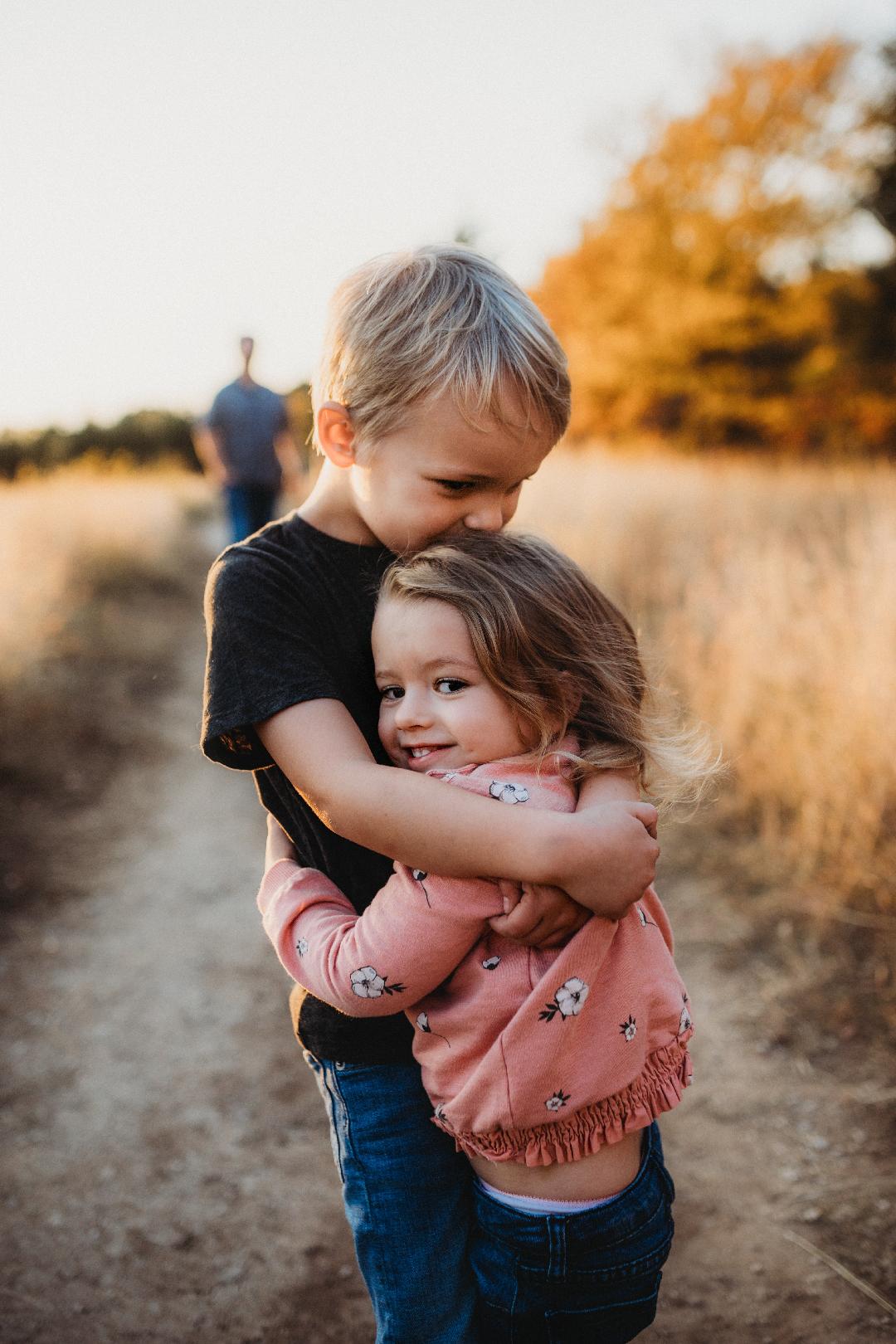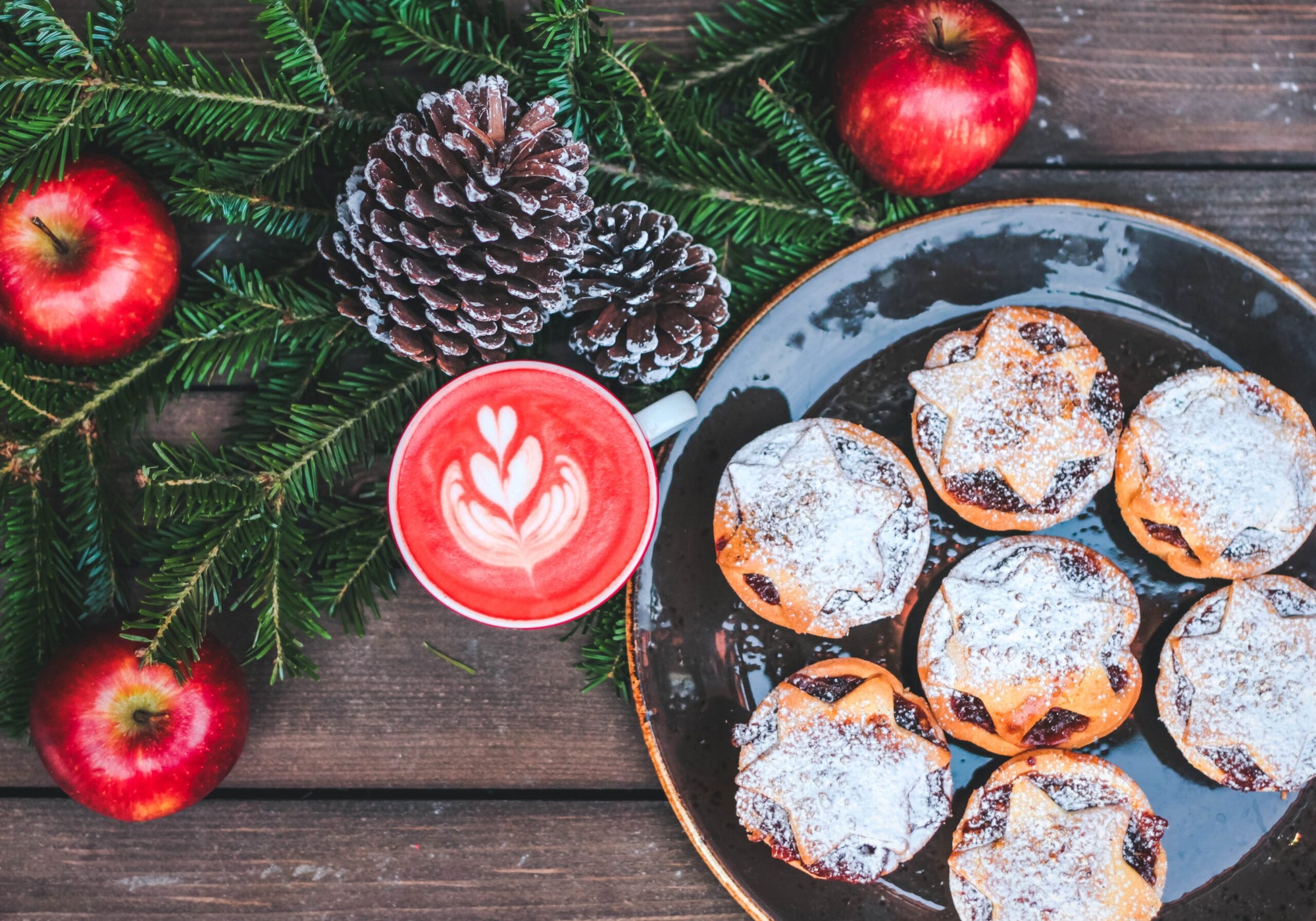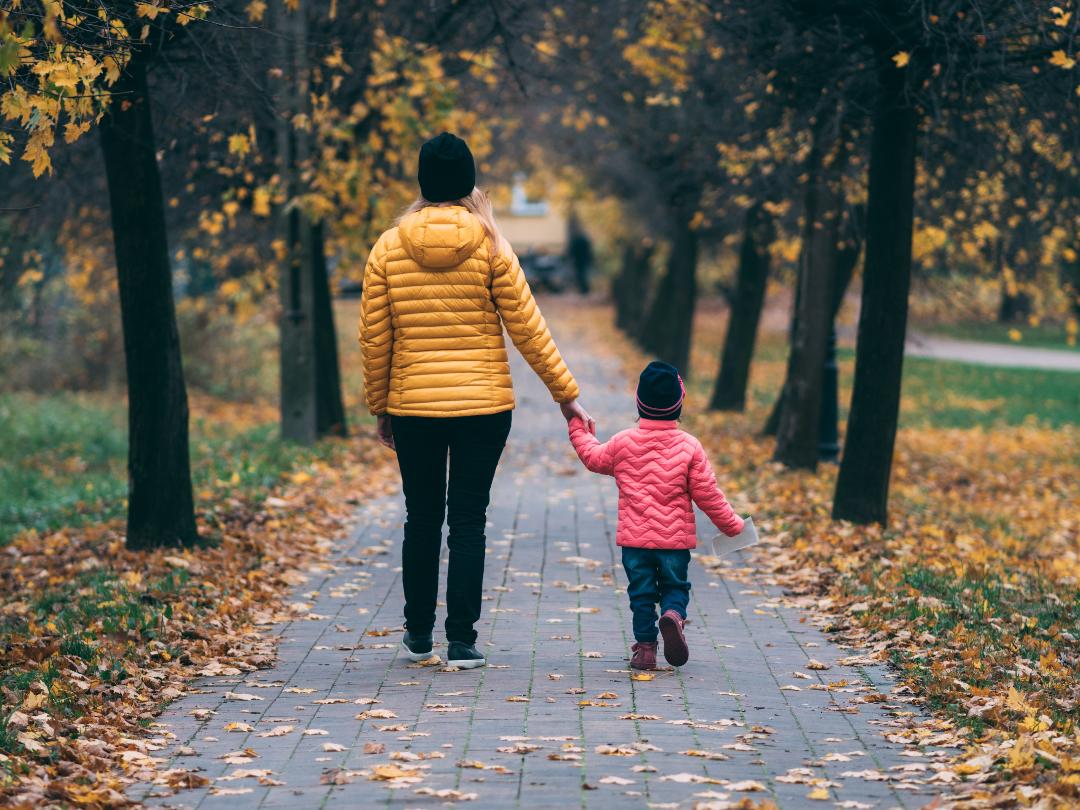We’ve blogged before on the importance of giving your brain a break and when it comes to simple ways to feel better hugs can really do the trick.
Here at Noggin, we love hugging and we miss the physical contact with friends and family and hugging is one simple act which many of us are unable to do presently, due to Covid.
Read on to understand how a simple act can change your brain and physical chemistry.
When it comes to hugs, the chemical we need to know about is Oxytocin.
Oxytocin the so-called "love hormone" is being increasingly shown to trigger a wide variety of physical and psychological effects in humans.
The hormone's influence on our behaviour and physiology originates in the brain, where it's produced by the by a structure called the hypothalamus, and then transfers to the pituitary gland which releases into the bloodstream.
The presence of oxytocin actually speeds the physical healing of wounds. Studies have shown that even a brief touch of the hand from someone who cares can start your oxytocin pumping which is a good sign.
When you offer a comforting hug to someone in pain, or you’re on the receiving end of one, you not only begin the healing process, you also allow your body to shut down memories of the painful stimulus.
Oxytocin encourages us to warm up to others and creates a sense of safety. A number of scientific studies have conveyed positive findings on the benefit of both giving and receiving hugs, especially when there has been a conflict.
Oxytocin production ramps up when we're touched by another caring human. This is because our bodies are made to provide and respond to physical comfort, so next time you see someone in pain or feel as if the world is crumbling around you, open yourself to a hug.
A 2018 study of 400 people over a two-week period found that that receiving a hug following a conflict can help with squelching those bad feelings.
We know 2020 has been the cause of hug deficiency for many of us but better times are ahead - for now, hug your pet, those close to you, or even hug a tree - it works!
Keep Well
Dr Clara Russell









